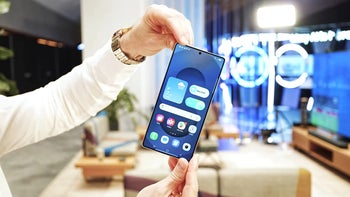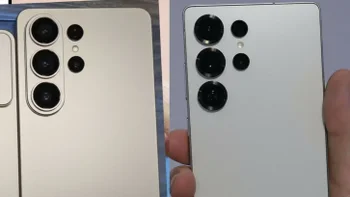Meta shows Orion AR glasses in action and how they transcend smartphones

In September of this year CEO Mark Zuckerberg unveiled the XR (Extended Reality) device his company has been working towards for a decade: the Meta Orion AR glasses. Intended to be the eventual successor to smartphones, the glasses wowed with all they had packed in such a compact form. Now Meta has released a video showing how it actually looks to use Orion.
Orion isn’t actually the product Meta intends to stock store shelves with, unfortunately: it’s more like a proof of concept. The company admits that mass production of Orion isn’t feasible with current technology even if we get 1 nm chips within the decade.
Orion’s biggest selling point will be its form factor and ease of use. Meta continuously talks about how the entire design philosophy for Orion revolved around being human-centric. As such, the operating system powering the glasses makes use of voice commands, hand gestures, eye tracking and more.
The first thing that came to my mind upon seeing the video was just how polished it looked. I was expecting a very incomplete and clearly ‘thrown together at the last minute’ mess. However, seeing as this is a public demo of something Meta is very heavily invested in, it’s quite likely that this is also just a prototype designed to impress the masses.
Nevertheless, it does showcase quite clearly how we can expect similar glasses to work in the future. I still believe that AR glasses like Orion have the potential to replace smartphones but companies will have to really impress the average Joe.
Luckily, it’s not just Meta that’s working on AR glasses. Apple, despite the underwhelming response to Vision Pro, is reportedly still going full steam ahead on developing something similar to Orion. Samsung and Google are also collaborating with Qualcomm on an XR device, though their offering might not be a pair of glasses until we’re a few generations in.
Ultimately, the factor that will make or break AR glasses is cost. Apple Vision Pro sold poorly because of its $3,499 price tag. Meta, on the other hand, is dominating the XR landscape with very affordable headsets like the recently released Meta Quest 3S.
Luckily, it’s not just Meta that’s working on AR glasses. Apple, despite the underwhelming response to Vision Pro, is reportedly still going full steam ahead on developing something similar to Orion. Samsung and Google are also collaborating with Qualcomm on an XR device, though their offering might not be a pair of glasses until we’re a few generations in.
Ultimately, the factor that will make or break AR glasses is cost. Apple Vision Pro sold poorly because of its $3,499 price tag. Meta, on the other hand, is dominating the XR landscape with very affordable headsets like the recently released Meta Quest 3S.
Follow us on Google News













Things that are NOT allowed:
To help keep our community safe and free from spam, we apply temporary limits to newly created accounts: